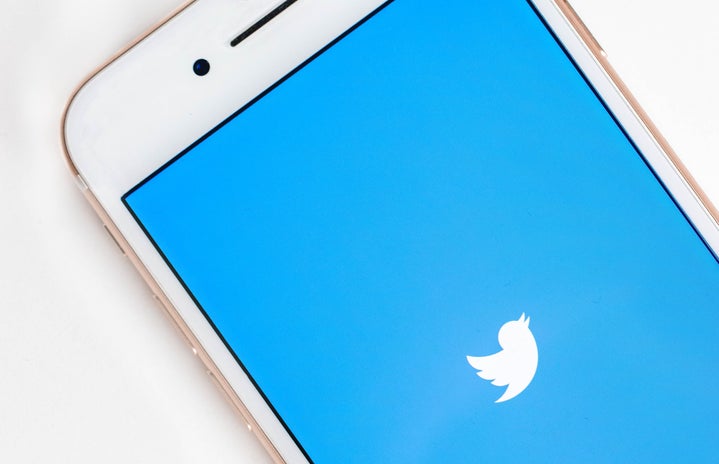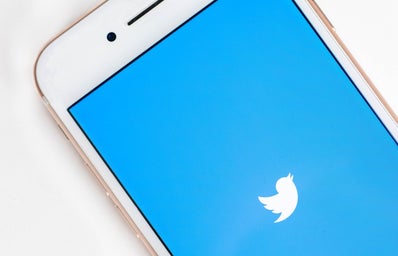As if Tesla, Space X, Neuralink, and the Boring Company weren’t enough, Elon Musk is now the owner of Twitter. The richest man in the world recently secured the social media platform in a $44 billion deal— and his ambitious plans are creating quite the conversation.
So what does Musk plan to do?
First and foremost, the new owner has made it very clear that he hates ads. As removing all ads would simultaneously get rid of one of Twitter’s primary sources of income, Musk has alluded that Twitter might no longer be free for some users. While casual users will continue to use without cost, users of Twitter Blue may be charged $3 a month to uphold their premium subscription.
Moreover, as a “free speech absolutist”, Musk has voiced his desire to reduce content moderation, making Twitter more of a platform for free speech. This would involve a pivot away from content removal and account bans, switching to a “timeout” system instead. Thus, accounts previously banned for misconduct would be allowed back, including Donald Trump, banned for various violations, Alex Jones, a conspiracy theorist suspended for violating the abusive behavior policy, Alex Berenson, a US Independent journalist banned for violating coronavirus misinformation rule, and many more.
With Musk pushing for fewer restrictions on the platform, it seems as if the company will be taking many steps backwards, as it has been fighting for years alongside many others to diminish hate speech and disinformation on the sight.
Former-president Barack Obama has been making it a goal to combat disinformation on social media platforms, explaining in a recent speech that “no one tells us that the window [social media] is blurred, subject to unseen distortions and subtle manipulations”. These platforms rely on maximizing engagement—they are willing to go to great lengths to do this, whether the information is true or not. With no one to tell them otherwise, users soak up this information, often leading to psychological and physical consequences.
In the COVID-19 crisis, for example, psychological distress in the form of anxiety, depression, and insomnia was reported to be heightened by conflict, confusion, and conspiracy theories circulating in the media. In 2020, rumors online about the use of disinfectants to combat coronavirus led to a ridiculous amount of people washing food products with bleach and applying household cleaners directly to skin. As a result, the CDC reported a steep increase in calls to poison centers regarding exposure to household disinfectants on June 5, 2020.
If Musk follows through with his plans, Twitter may become a much more prominent cite for this kind of dangerous, misleading information. What precedent might this set for other social media platforms?
However, all this is speculation—there really is no way to know what Musk will do next, especially with his history of behaving on impulse. Parag Agrawal, the chief executive of Twitter, commented that once Musk takes over, “we don’t know what direction this company will go in.”
For years, Twitter has been a huge platform for some of the biggest celebrities, politicians, and companies out there. The ability for one man to purchase such an influential media feels wrong…especially a man with such controversial and impulsive plans. Nonetheless, only time will tell what the one of the richest men in the world will do next.


